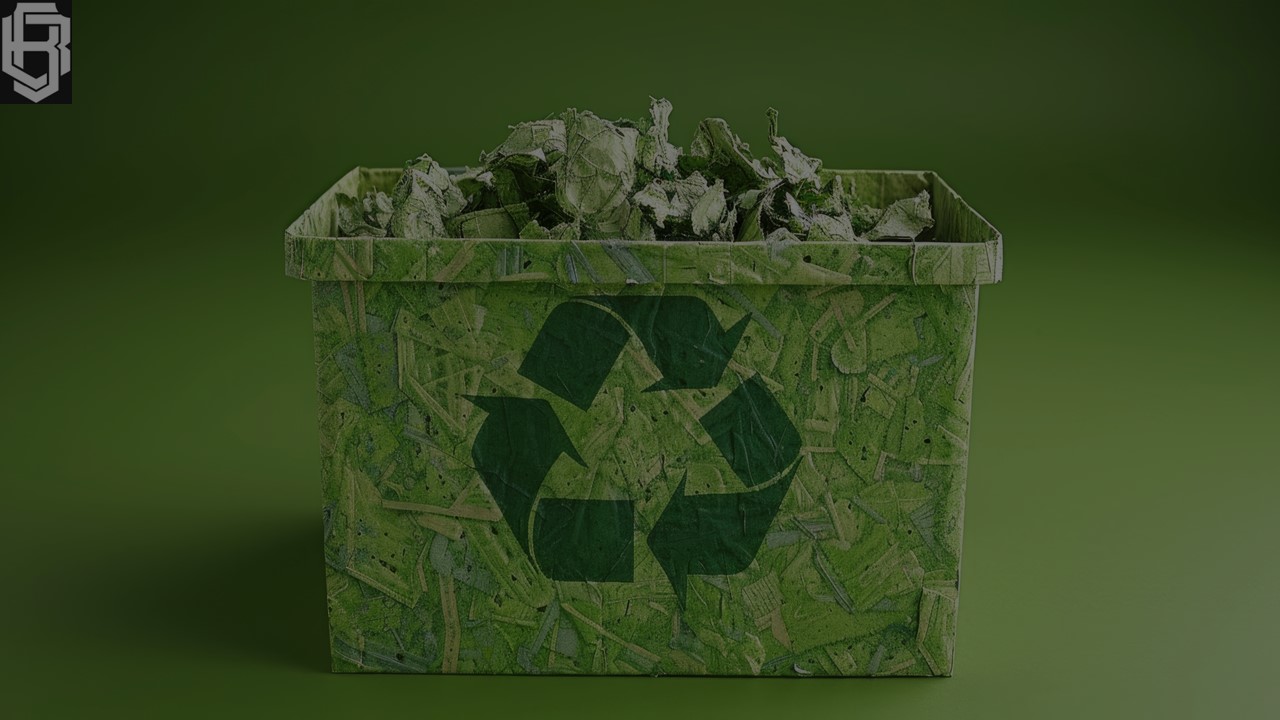In a world grappling with the challenges of climate change and environmental degradation, the concept of recycling has emerged as a beacon of hope and resilience. From plastics to paper, glass to electronics, recycling has become a cornerstone of sustainable living, offering a pathway towards resource conservation and waste reduction. However, it is not just materials like plastic and paper that are being repurposed; a growing number of industries are embracing the potential of recycled materials to create innovative and eco-friendly products. In this blog, we explore the burgeoning trend of recycled products, examining how they are transforming industries, redefining sustainability, and reshaping consumer perceptions.
The Evolution of Recycled Products
The concept of recycling is not new, but its application to product manufacturing has undergone a remarkable evolution in recent years. Traditionally, recycled materials were relegated to niche markets or low-value applications, perceived as inferior alternatives to virgin materials. However, advancements in technology, material science, and consumer awareness have spurred a renaissance in the recycled products market, unlocking new possibilities for innovation and sustainability.
Today, recycled products span a wide range of industries and applications, from fashion and furniture to construction and automotive. Recycled plastic bottles are being transformed into polyester fibbers for clothing and accessories, discarded tires are being repurposed into rubber flooring for gyms and playgrounds, and reclaimed wood is finding new life as stylish furniture and home décor. The possibilities are endless, limited only by imagination and ingenuity.
Driving Forces Behind the Trend:
Several factors are driving the growing popularity of recycled products and propelling them into the mainstream. At the forefront is a heightened awareness of environmental issues and a growing sense of urgency to address them. Consumers are increasingly concerned about the ecological footprint of the products they buy, prompting them to seek out more sustainable alternatives.
Additionally, regulatory pressures and corporate sustainability initiatives are incentivizing businesses to adopt more environmentally responsible practices. Governments around the world are implementing regulations to promote recycling and reduce waste, while companies are realizing the economic and reputational benefits of embracing sustainability. As a result, demand for recycled products is on the rise, driving innovation and investment in recycling infrastructure and technologies.
Moreover, advancements in recycling technologies are making it easier and more cost-effective to convert waste materials into high-quality products. From mechanical recycling, which involves shredding and melting plastic waste to create new materials, to chemical recycling, which breaks down plastics into their molecular components for reuse, these technologies are expanding the possibilities for recycling and paving the way for a circular economy.
Benefits of Recycled Products:
The benefits of recycled products extend far beyond environmental conservation; they also offer economic, social, and aesthetic advantages. By diverting waste from landfills and reducing the demand for virgin materials, recycled products help conserve natural resources, reduce energy consumption, and mitigate greenhouse gas emissions. Additionally, recycling creates jobs and economic opportunities, particularly in communities that are struggling with unemployment and poverty.
Furthermore, recycled products often boast unique aesthetic qualities and storytelling potential. Whether it’s a piece of jewellery crafted from recycled metals or a handbag made from upcycled textiles, these products carry a sense of history and sustainability that resonates with consumers. By embracing recycled products, consumers can not only express their individuality and values but also contribute to a more sustainable and equitable future for generations to come.
Conclusion:
As we stand on the cusp of a new era defined by environmental consciousness and sustainability, the rise of recycled products offers a glimmer of hope and possibility. By harnessing the power of recycling, industries can not only reduce their environmental impact but also create innovative and socially responsible products that resonate with consumers. As consumers, we have the power to drive change through the choices we make, supporting businesses that prioritize sustainability and embracing recycled products as symbols of progress and possibility. Together, let us embark on a journey towards a more sustainable future, one recycled product at a time.

